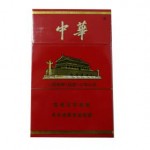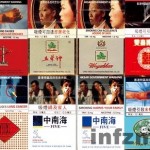These days, US and China cannot agree on  the currency issues. US insists that RMB has been enderestimated and should be raised to the appropriate price while China states that US should not hype the currency issues which is not the prime reason of the depression and unemployment and will also cause the degradation of the trade between China and US.
the currency issues. US insists that RMB has been enderestimated and should be raised to the appropriate price while China states that US should not hype the currency issues which is not the prime reason of the depression and unemployment and will also cause the degradation of the trade between China and US.
The conflict of RMB exchanging rate has been a long histroy and was aroused directly because of US’s midterm election. Meanwhile, US is worried about the growing power of China. China’s large trade surplus to US is regarded as a threat by US.
China has annouced to implement the currency reformation and RMB’s price has been raised during the past few days. However, US was not satisfied. Facing it, China claimed that the rise of exchanging rate needed depend on domestic economic situation and the pressure would have inverse impact on the solution of the problem. http://www.chinadaily.com.cn/china/2010-09/15/content_11308554.htm
Now EU has followed US to exert pressure on China, but there are few other countries advocating US’s appeal. http://www.voanews.com/english/news/asia/EU-China-Cannot-agree-on-Currency-Measures-104438954.html http://www.chinadaily.com.cn/business/2010-10/07/content_11381089.htm
Actually, as Premier Wen says, the major profit of the trade is gained by US corporation while very little was obtained by Chinese companies. http://www.cnnstudentnews.cnn.com/TRANSCRIPTS/1010/03/fzgps.01.html




2-300x131.jpg)

